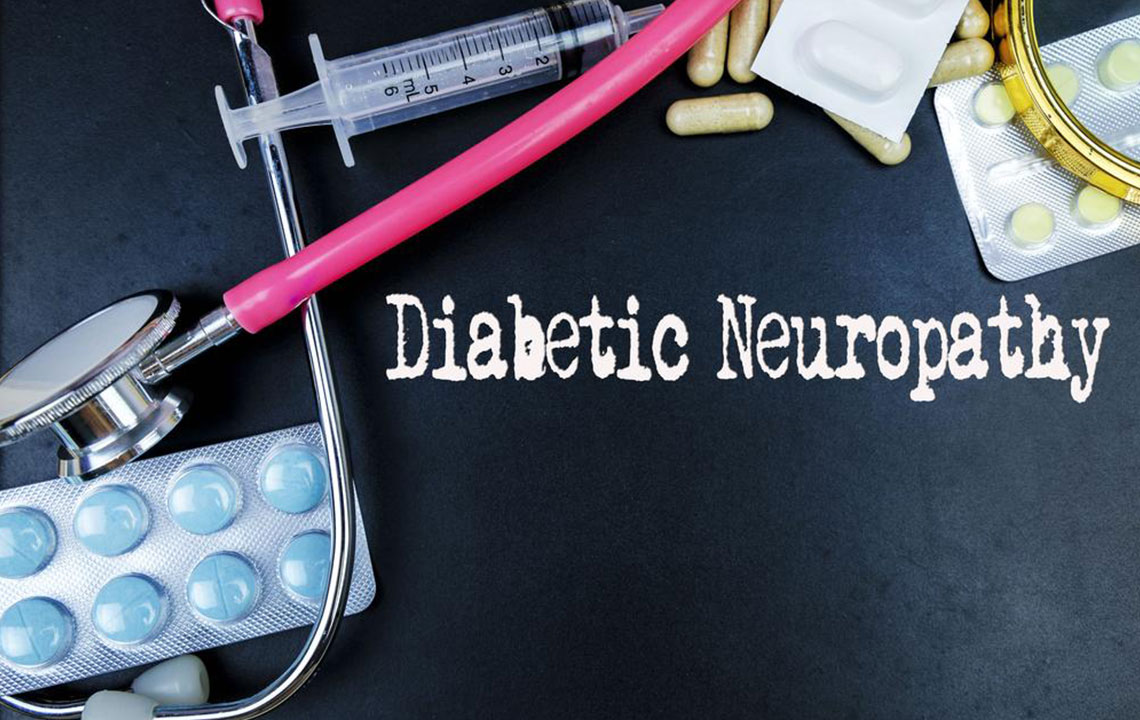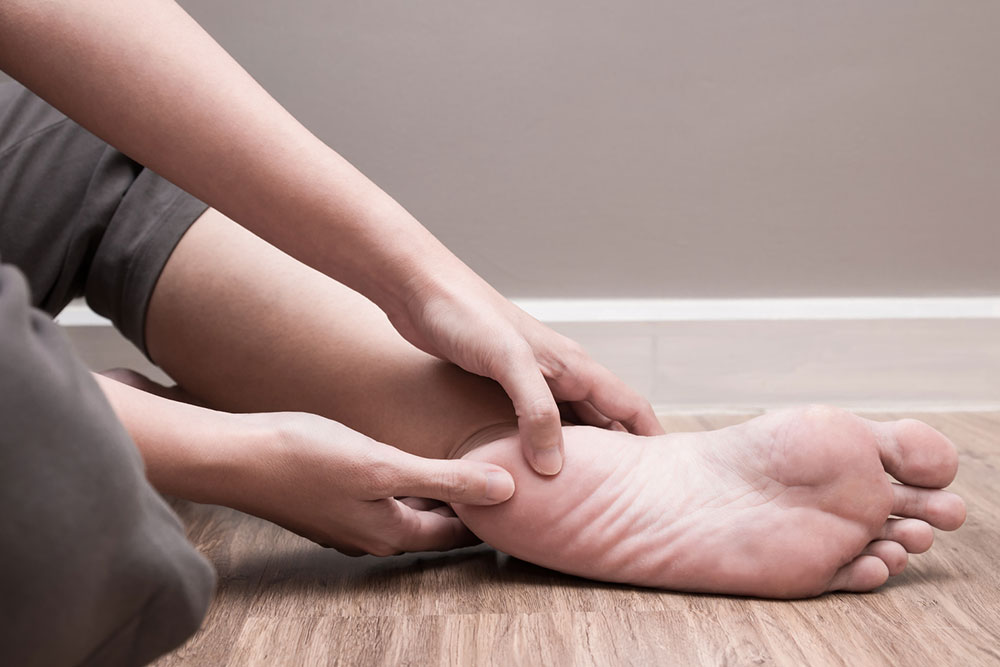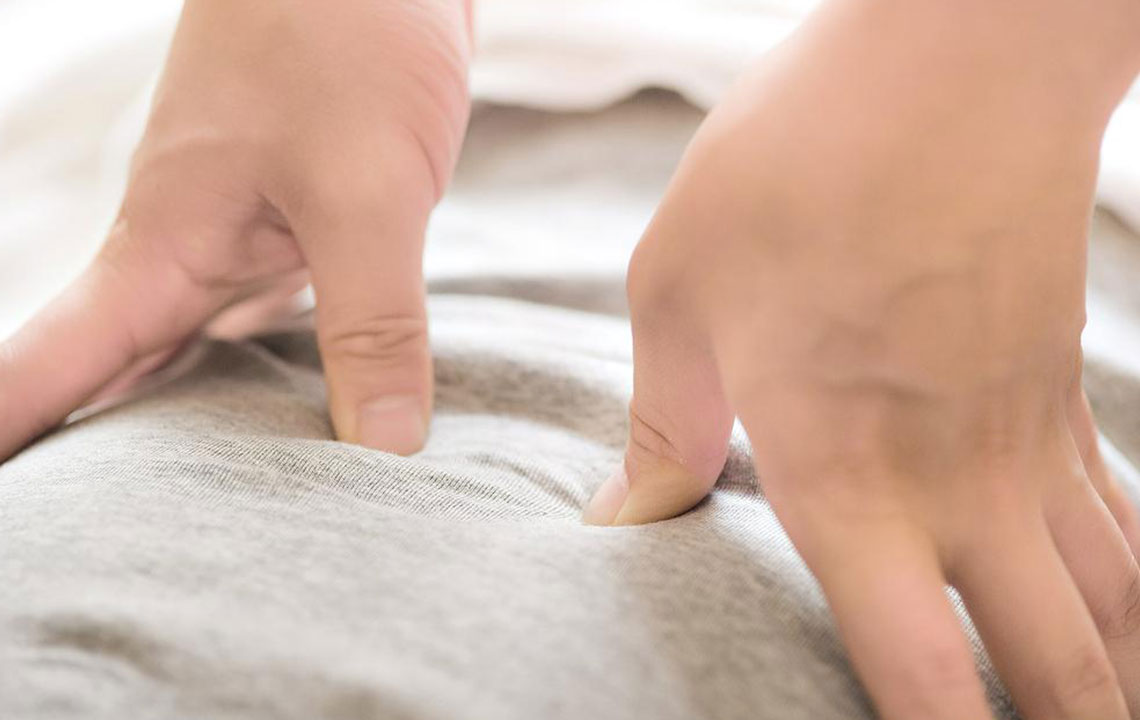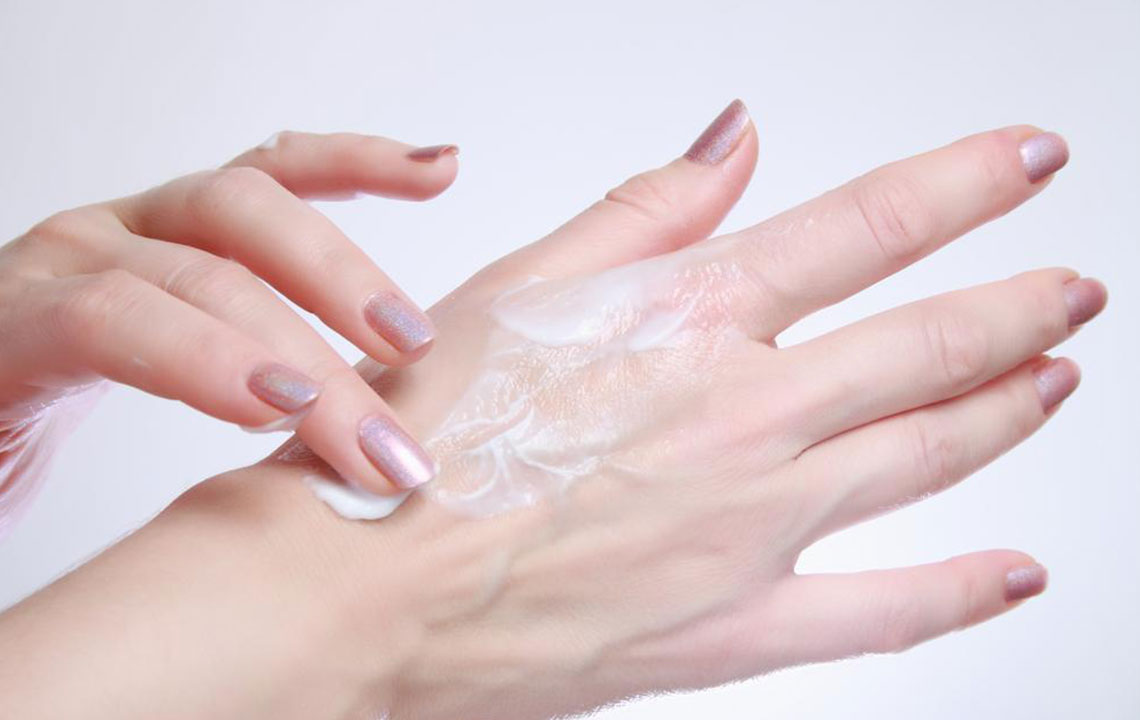Understanding Symptoms of Diabetic Nerve Damage
Discover the key signs of diabetic neuropathy, including peripheral, autonomic, radiculoplexus, and mononeuropathy symptoms. Early detection and blood sugar management are vital to prevent serious complications. Learn how nerve damage impacts different parts of the body and when to seek medical help.
Sponsored

Signs and Symptoms of Diabetic Nerve Complications
Diabetic nerve damage, known as diabetic neuropathy, affects many individuals living with diabetes. Elevated blood sugar levels can harm nerve fibers, primarily targeting nerves in the legs and feet. Symptoms vary depending on the type of neuropathy and can include issues across the digestive system, numbness, or vascular problems. There are four main neuropathy types, each presenting distinct symptoms.
The most common is peripheral neuropathy, which typically begins in the feet and spreads to the hands and arms, causing symptoms such as:
Numbness in specific areas
Changes in temperature sensation
Sharp or shooting pains
heightened sensitivity to touch
Burning, tingling sensations
Muscle weakness
Reduced reflexes
Balance and coordination difficulties
Foot ulcers and joint pains
Autonomic neuropathy affects vital organs like the heart, lungs, bladder, stomach, and eyes, leading to symptoms such as urinary issues, blood pressure fluctuations, erectile dysfunction, digestive disturbances, and temperature regulation problems.
Radiculoplexus neuropathy impacts nerves in the thighs, hips, and legs, often presenting with sudden pain and weakness, usually on one side. Symptoms include:
Sudden pain in hips or thighs
Weakness and difficulty rising from sitting
Abdominal swelling
Weight loss
Mononeuropathy, or focal nerve damage, presents as sudden pain or paralysis in specific areas, such as the face or limbs. Common signs are:
Double vision or eye pain
Foot, shin, or thigh pain
Facial paralysis
Hand numbness or weakness
These symptoms may indicate nerve compression like carpal tunnel syndrome, characterized by tingling or weakness in the fingers and hands.It is crucial to seek medical attention if you notice sores on your feet, persistent tingling, or symptoms affecting digestion or sexual health. Early diagnosis and management, especially controlling blood glucose, can prevent severe complications and improve quality of life. Consulting your healthcare provider for proper treatment options is essential.






